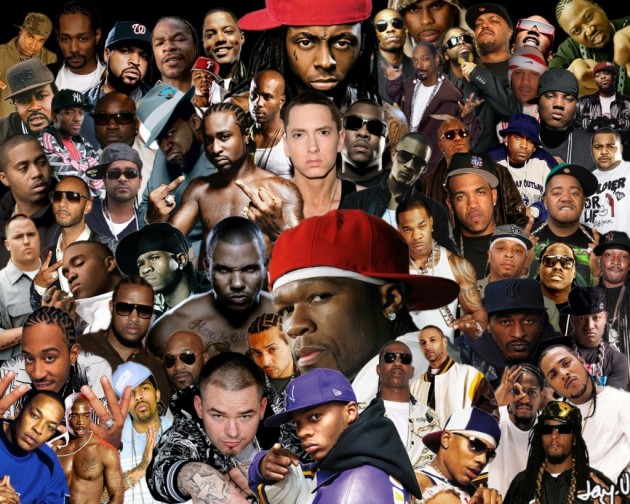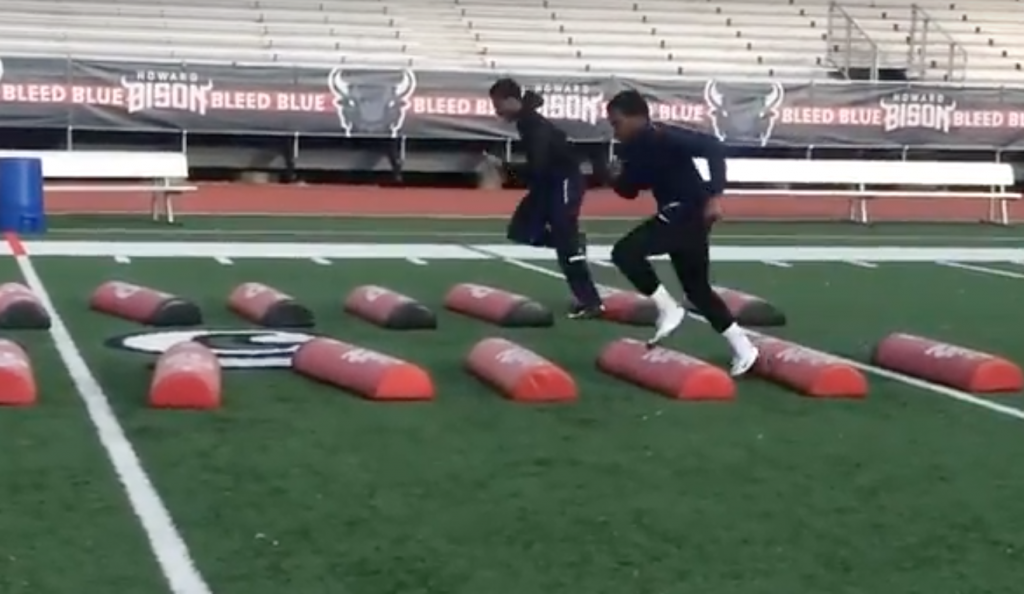MOOD Lounge Says Complaints Unfair
Since its opening in January 2011, the MOOD Lounge/Bar/Nightclub at 1318 9th St., NW has had what residents of the 9thSt. NW corridor in Shaw would call a negative impact on the local community.
According to show-cause hearing documents from the Advisory Neighborhood Commission and Alcohol Beverage Regulation Administration /Alcoholic Beverage Control Board, the club has consistently and blatantly violated the agreements that accompany its operation and liquor licenses, as well as accumulated citations breaching innumerable provisions of the DC Code. It has, at present, neither made attempts to remedy the situation, nor demonstrated a legitimate concern for the residences in the immediate surrounding area.
MOOD Lounge’s presence in Shaw has deterred new businesses and residents from taking root and is leading some neighbors, like Orestes del Castillo, to believe that it is fundamentally incompatible with the historic neighborhood in which it is located. Castillo filed a complaint with the ABRA against the establishment stating, “MOOD Lounge is setting the worst possible precedent as a kind of business permitted in this neighborhood.”
He adds in the copmlaint that after addressing personal problems citing sound volume and damaged property to MOOD itself, “[they have] clear indications that they do not plan to do anything to remediate the problem.”
Castillo strongly suggests closing down the club and revoking its liquor license permanently.
After attempting to contact the Mood Lounge, and owner Abebe Beyene through various mediums including four phone calls and two emails, they could not be reached for comment. However, in an interview with the DCist in December of 2011, MOOD owner Beyene insisted that any increase in violence and disturbances within the area are not because of the club, but due to the historical crime rate the area.
“I don’t see a reason why we should close,” she said. “This area, someone’s always getting jumped. It’s happened to me. This is common for this street. You can’t walk even during the day. This is the most dangerous area.”
Mood has been disciplined by several city organizations including the ANC, ABRA and ABC. Since opening, the club has been requested for three separate show-cause hearings by the ABRA citing breaches in noise volume and privacy. Also, MOOD faced charges for interfering with police investigation following the December 2011 stabbings, failure to follow security protocol, and the permission of the use of a controlled illegal substance. They had their liquor license revoked on Dec. 30, 2011. It has since been reinstated.
The area, in which MOOD lies, is surrounded by apartments directly adjacent to the establishment, which are now for lease. To be a club, MOOD is itself very small, a black two story residential home in a connecting row. Additional houses visibly tower over the other businesses across the street. The BP gas station directly across the street is the parking lot which is used by many of the lounge’s patrons. The Immaculate Conception Church and the C.L. Long International Ministries Congregation both lie within feet from the establishment.
Initially, the neighborhood opened its arms in acceptance of MOOD as a new part of their growing nightlife, even though a majority of the lounge’s patrons come from outside of the community. After being continuously slapped in the face by the actions and disturbances of both the club and its disorderly patrons, the residents are ready to take action.
Matt Raymond, a member of the Advisory Neighborhood Commission, says that, “the neighborhood in which MOOD is located, has seen positive and potential growth within the past few years, and it would be disappointing to believe that one business would hinder that development.”
He also says that his daily email inbox is flooded with hundreds of reports filed by nearby residents to both the Advisory Neighborhood Commission, Alcohol Beverage Regulation Administration, as well to direct council representatives.
One report illustrated that, “people come from out of town into this neighborhood, trash it, and then leave to go back to their manicured communities.”
Another resident, Cristina Amoruso, spoke to the DCist news outlet about witnessing an event last year in which she said, “over Mother’s Day weekend, patrons peed on our flowers and our neighbors’ flowerbeds.”
Complaints have also included increased violence, theft, disorderly conduct, public urination and fornication, and vandalism.
In a comment posted to the Preserving D.C. Stables blog last October, a nearby resident observed:
“Two Mood Lounge patrons got into a verbal altercation in the middle of the street while stopped at a red light. They got out of their cars and began challenging each other to a fight while their accomplices screamed back and forth. They held up traffic while screaming profanity and threats at the top of their lungs. This went on for a few minutes until the driver of one of the vehicles, a large black SUV, attempted to run over the man standing by a burgundy Mercedes in front of him.”
With increase in public fights due to intoxication, police presence has also increased. But one of the main issues involves the booming bass that reverberates from the building and directly affects residents. More specifically, those residents that share a wall with the establishment.
An anonymous resident who shares a wall next to MOOD shared on the Prince of Petworth blog:
“It is a business district, but there is a sizable amount of housing within a few hundred feet of the building. As for the neighbors who live directly next door, well, Mood was a different bar when they bought their condos. I know that BeBar and EFN at least tried to work with the neighbors to minimize noise issues. Of course they were still bars with loud music, but they made an effort. It seems like Mood has absolutely no interest in following the rules or being a member of the neighborhood.”
The overall effect of the extremely loud noise created by the club and the unacceptable behavior of its unruly patrons has been to force local residents out of the community and to make peaceful living impossible for those who remain, according to DC area bloggers.
The community is still frustrated nearly two months after MOOD has reopened and retained its suspended liquor license following a double stabbing in late December. Immediately after the incident, Councilmember Jack Evans (DC-Ward 2) required the temporary shutdown of MOOD during the New Year’s Eve weekend and has openly expressed his urgency to permanently close the facility.
Additionally, individuals in support of the club proceeding have taken to various news sources including the Ethiopian Times to report possible racial motives in the innumerable citations that the club has received. These allegations have neither received sympathy from the Advisory Neighborhood Committee nor the Alcoholic Beverage Regulation Administration.
Raymond, who is pro-business and nightlife, says that it would be upsetting to think that in regards to the community, “something good may be slipping away.” He even stated that some residents have gone so far as to move out of the area.


